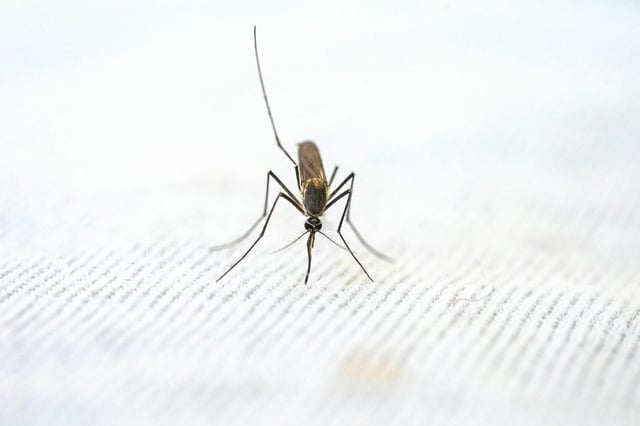Overview
- Groundbreaking research reveals how Plasmodium falciparum malaria infection triggers sustained activation-induced cytidine deaminase (AID) activity in B cells, leading to oncogenic MYC translocations.
- Burkitt lymphoma, a highly aggressive childhood cancer, is ten times more prevalent in regions with persistent P. falciparum transmission, such as equatorial Africa and New Guinea.
- The study confirms elevated and functional AID levels in B cells of children with uncomplicated malaria, establishing a direct molecular pathway to lymphoma development.
- Researchers conducted immunological assays on blood samples from Kenyan children, comparing infected individuals with uninfected controls to validate findings.
- Experts advocate for malaria control strategies, including vector management and vaccination, to reduce both malaria transmission and associated cancer risk in endemic regions.
